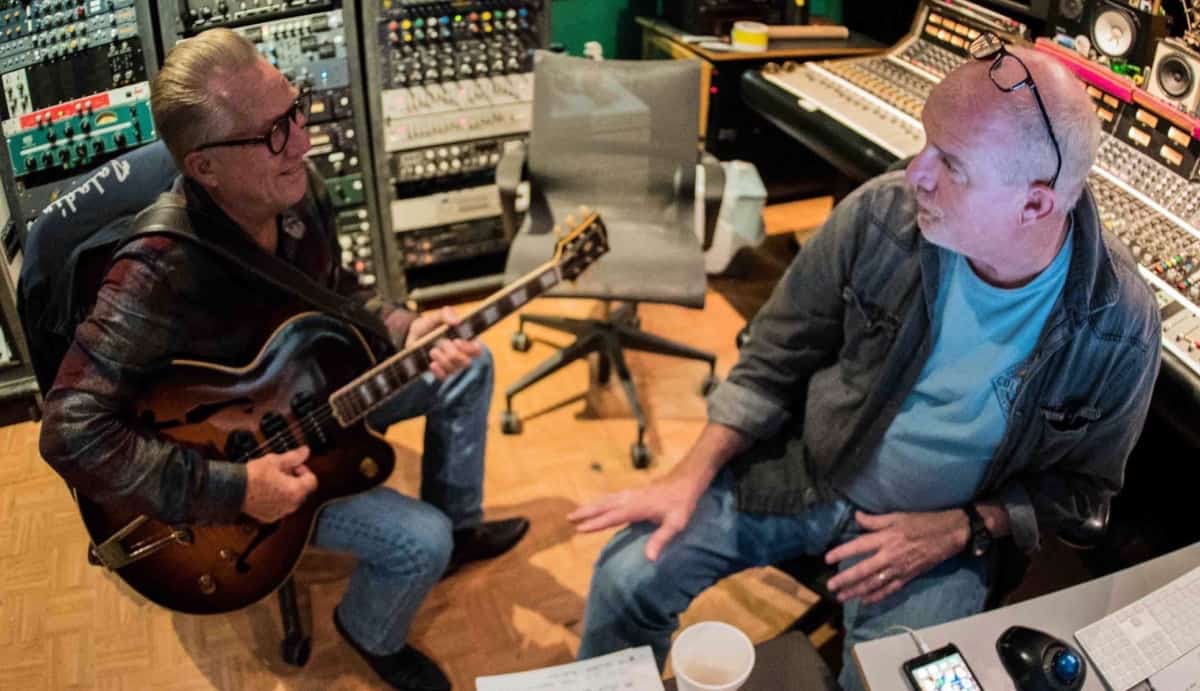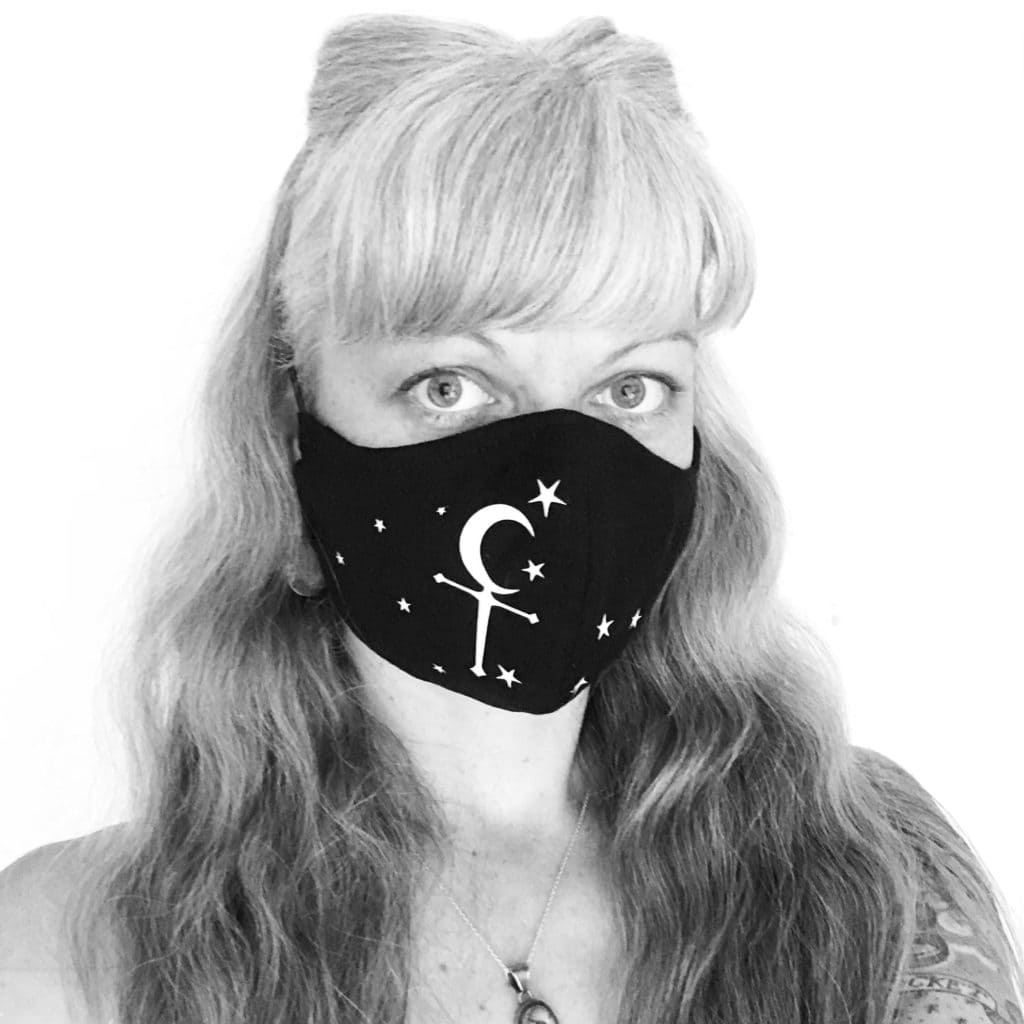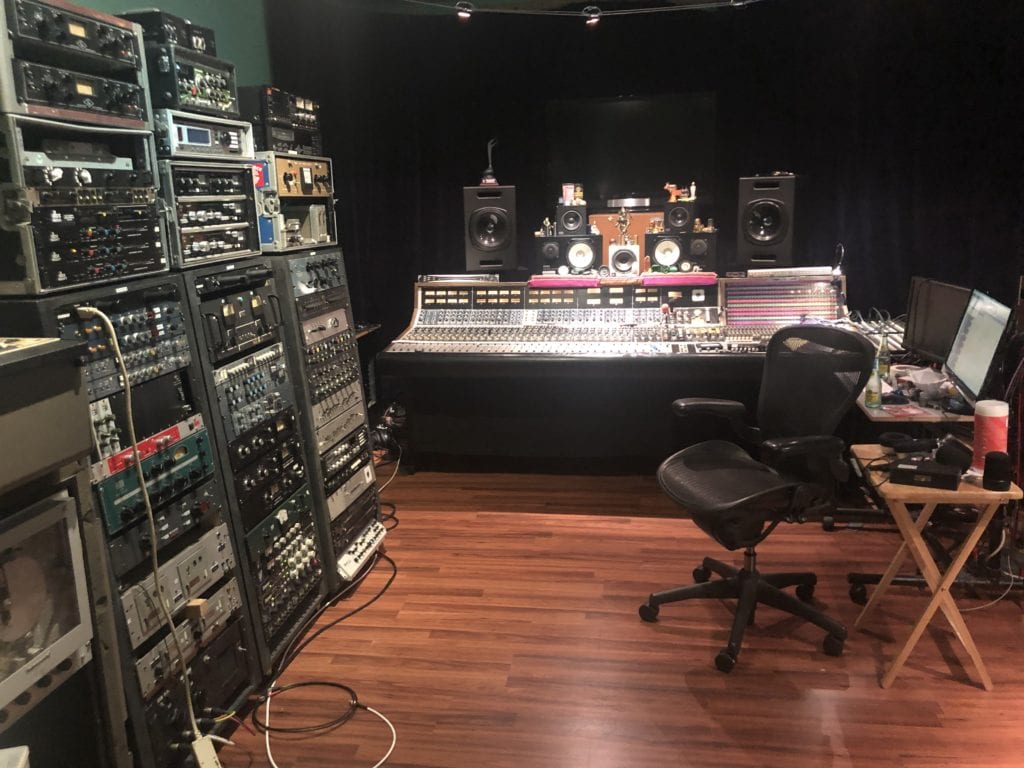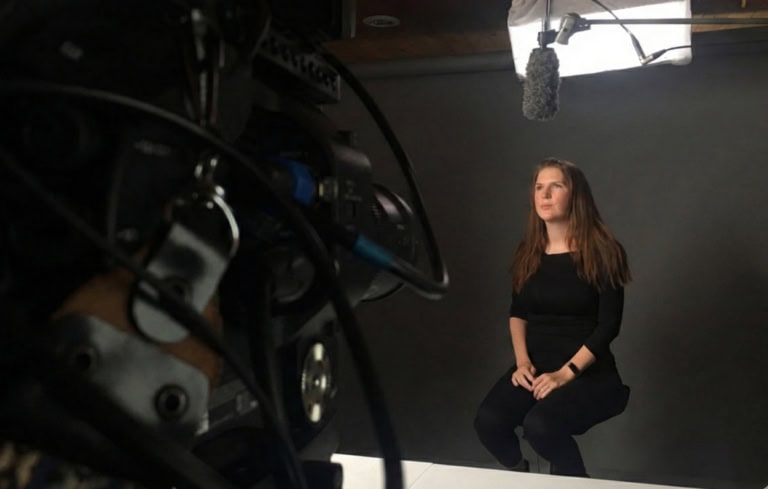
After running a karaoke bar in Los Angeles and writing screenplays, Jeannette Gregor was excited to return to Austin to work some music festivals for The Mohawk earlier this year.
In the year 2020, it’s easy to predict what happened.
“I had six contracts, and they were all music festival contracts,” she said. “When everything shut down, I couldn’t manage dividing work and bartending anymore. I couldn’t run production anymore.”
Gregor has hustled for years, building contacts and skills to help her navigate the music and entertainment industry. She usually processes stress by diving into work.
“And now, there’s this murky gray area of helplessness, hopelessness, anxiety, complete self-doubt and a faith crisis in our government and everything that goes along with that all at once,” Gregor says.
Austin’s music community is in a downward spiral as COVID-19 has shuttered venues or limited their capacities. Meanwhile, musicians are searching for other income streams. But while attention has centered on these two groups, many other workers who depend on live music for their livelihood also are threatened.
Austin Music Industry Devastation
Drew Dunavan, chief of operations at Austin’s The Werd Company, said his production company has lost 80-90 percent of its business for the year, starting with about 14 projects for South by Southwest that were canceled.
The SXSW financial hit and companies’ ongoing reluctance to schedule new events, even into 2021, has long-lasting effects on businesses like Werd.
“The industry is devastated,” Dunavan said. “We’re still going to be in the hole for years to come. We’re surviving, but there’s a hole we’re having to climb ourselves out of as things slowly come back.”
No one, Dunavan said, is planning million-dollar live events for the foreseeable future. Werd has shifted its focus to online events and fundraisers like Love & Lightstream.
Many people who worked on Werd’s productions are returning to school, leaving Austin, or finding more consistent employment in areas like construction, Dunavan said.
Without their previous cash flow, Werd can’t employ as many people or offer discounts to nonprofits and smaller companies like before. Online events, Dunavan said, often have higher labor costs.
“Every dollar counts,” Dunavan said. “I don’t know any industry that can go six, seven, eight, nine, up to 12 months with 80 percent of their revenue erased from the books. Nobody in business school tells you to save up that much.”
Artists In Austin Band Together
When Gregor returned to Austin in the spring, she saw many of her friends being hit with a second wave of furloughs and layoffs. Beyond out-of-work musicians, lighting technicians, activations crew, bartenders and waitstaff were all jobless.

One of her friends, Dan Holloway, a senior talent booker at Barracuda on Red River Street, lost his job when the venue closed permanently. As the City of Austin began addressing venue shutdowns and unemployment in the music scene, Gregor and Holloway formed The Amplified Sound Coalition, which promotes financial sustainability, mental and physical well-being, and cost-of-living and housing support for the event industry.
The loss of work has also created a crisis of identity, she said, as skilled technicians and support staff are unable to apply their trade.
“There’s a lot of voices telling us to pivot,” she said. “But what that translates to is that your career is not valuable anymore. It’s intrinsically tied to your identity as a person. So when that stops, and not just stops but stops indefinitely, it’s the biggest mindfuck you can experience in your life.”
Now, she says, bartenders and others that are part of the slow reopening often must choose between surviving financially and putting themselves at risk for COVID-19.
“There’s no correct answer there,” she said.
“There Is A Big Hypocrisy Thing”
Tied up in the issue of sustainability is the city’s response and whether it will be able to help not only musicians but everybody else affected by the live-music shutdown.
Dunavan says that one of the ironies of the pandemic is that in ordinary circumstances, Austin would do what it usually does when the community needs help.
“We literally cannot throw a concert to raise awareness in our industry,” he said. “That’s pretty much what we’ve done in Austin. We throw events and concerts to raise awareness and money.”
Short of that, the community has asked for the city’s help, and resentment has grown over city regulations. Dunavan notices the 25,000 people who attend University of Texas football games.
“As an event production person or producer, I can’t in effect have over 10 people without the written consent of the mayor until December,” he said. “So there is a big hypocrisy thing right there.”
On the other hand, Dunavan acknowledges that the pandemic is nobody’s fault.
“It’s healthy when businesses fail because they did something wrong,” he said. “You learn from your mistakes. But in this particular situation, this is really nobody’s wrong-doing. We can’t just sit idle without income.”

“If You Don’t Save Money, You’re Dead Meat”
Stuart Sullivan, owner and operator of Wire Recording Studio, says he’d be out of business if he relied on musicians paying to record music right now.
Instead, Wire Recording has moved into music livestreams with groups including Black Pumas, Miss Lavelle White, and Grupo Fantasma. This has allowed Sullivan to hire crew and pay artists.
“We’re able to pay six people depending on what the budget is, and rent some gear,” Sullivan said. “It helps keep the whole ecosystem operating. And that’s the main goal right now, to make sure that not only are we surviving, but that the people around us are surviving.”
Sullivan is blunt about the future.
“I’m 60 years old,” he said. “I need to find a method or a medium that’s going to give me 15 more years of work, not to be crass.”
With video production, he says, Wire Recording Studio developed some new business where record production had already faltered pre-pandemic. He says the music business will never be like it was, when hit records paid for houses and studios.
“I saved fucking money in my business,” he said, “if you don’t save money, you’re dead meat. You’re dead meat.”
Even with a cash cushion and after selling an Austin house, he’s not without worry.
“I’m too old to change, so I’m in a situation where I have to believe things’ll get better,” he said.
Sullivan, who is on the Austin Music Commission, says the city’s music workers need to be helped in a holistic way. He wants the city to help venues stay open, but also for private investors to support Austin’s music scene.
Dunavan hopes that when help comes, Austin’s behind-the-scenes workers won’t be forgotten.
“The old joke in production is that you can only tell it’s us when it’s bad,” he said. “We’re invisible, we’re dressed in black and behind the scenes. But when you go to a show and it’s amazing and you don’t know why — that’s what we do.
“It makes us feel good to know that there is awareness starting to happen about who we are.”



